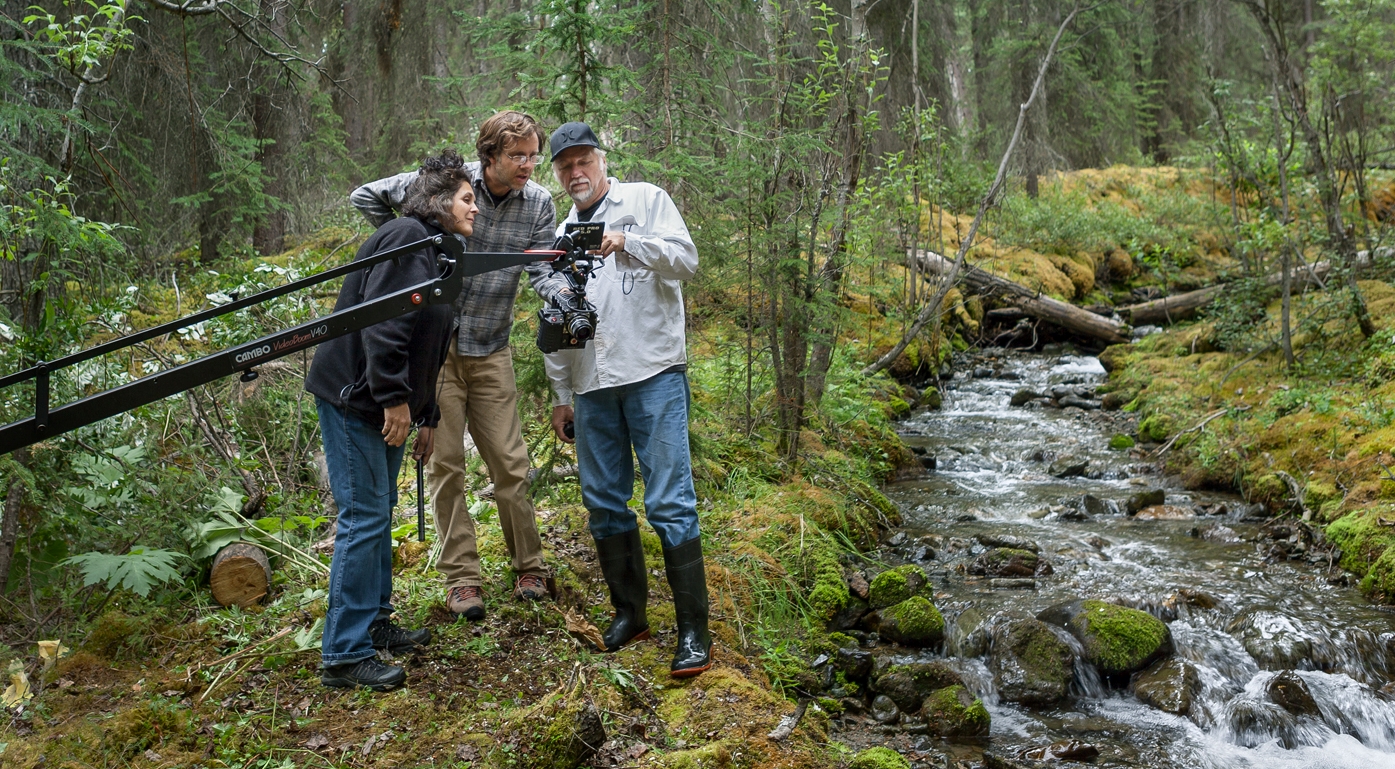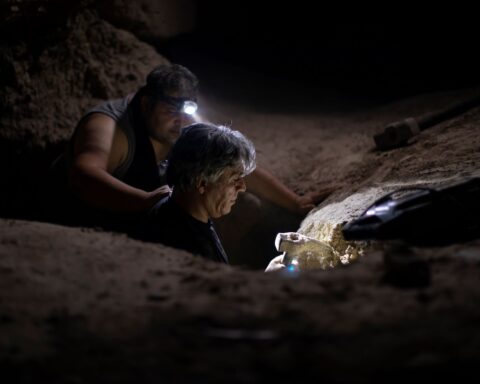Ghost Fleet
(USA, 90 min.)
Dir. Shannon Service, Jeffrey Waldron
Programme: TIFF Docs (International Premiere)
A revealing documentary about modern slavery, Ghost Fleet manages to put viewers inside a real-life rescue mission while shining a light on broad issues about human rights and consumer responsibility. The rescue mission at the centre of this documentary is led by a woman, the Thai human rights activist, Patima Tunqpuchayakul, who travels with two male colleagues from Bangkok to Indonesia, sailing into dark coves at night and searching villages door to door to locate men who were kidnapped years before and held as slaves working in deep sea fishing boats.
How the men end up in bondage sound like tales from 19th-century adventure stories but the phenomenon is modern: Thai fishing companies, forced to go further off-shore because of depleted fisheries, cannot find enough volunteer labour, so they use the involuntary kind instead. After a night on the town, or a promise of a job at a farm or canning factor, a man finds himself at sea, imprisoned in the hold of a boat, which takes its daily catch to a mother ship and rarely touches land. The men are worked relentlessly, beaten, forced to stay awake with methamphetamines and often buried at sea. If they do manage to jump ship into the jungle, they are hunted by company goons in cahoots with local police.
Ghost Fleet is at its most inspiring when the camera is directly on Patima, a gentle, resolute woman in her forties with an adopted toddler son, who explains, in her limited English, that her life changed after a youthful cancer surgery. According to the film’s afterward, her organization, Labour Rights Promotion Network Foundation (LPN) has rescued more than 4,000 captured or stranded men and she was nominated for the 2017 Nobel Peace Prize. The former slaves tell heartrending stories (mostly with subtitles) of years of shame, fear and painful family separation. Even more powerful are the family reunions, often after years of separation.
That said, Ghost Fleet has a few flaws. Viewers will want information on what they can do to make a difference: Which supermarkets, for example, sell seafood caught by slaves? Also, the repeated use of kitschy slow-mo re-enactments and the constant throbbing musical track prove more distracting than helpful. This is not a story that requires any sort of embellishment.












